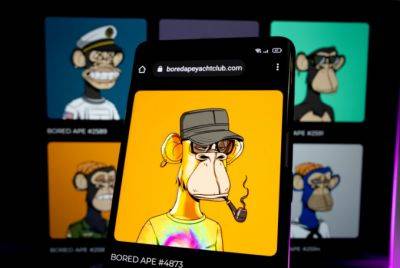The apocalypse isn’t coming. We must resist cynicism and fear about AI
I n the field of artificial intelligence, doomerism is as natural as an echo. Every development in the field, or to be more precise every development that the public notices, immediately generates an apocalyptic reaction. The fear is natural enough; it comes partly from the lizard-brain part of us that resists whatever is new and strange, and partly from the movies, which have instructed us, for a century, that artificial intelligence will take the form of an angry god that wants to destroy all humanity.
The recent public letter calling for a six-month ban on AI lab work will not have the slightest measurable effect on the development of artificial intelligence, it goes without saying. But it has changed the conversation: every discussion about artificial intelligence must begin with the possibility of total human extinction. It’s silly and, worse, it’s an alibi, a distraction from the real dangers technology presents.
The most important thing to remember about tech doomerism in general is that it’s a form of advertising, a species of hype. Remember when WeWork was going to end commercial real estate? Remember when crypto was going to lead to the abolition of central banks? Remember when the metaverse was going to end meeting people in real life? Silicon Valley uses apocalypse for marketing purposes: they tell you their tech is going to end the world to show you how important they are.
I have been working with and reporting on AI since 2017, which is prehistoric in this field. During that time, I have heard, from intelligent sources who were usually reliable, that the trucking industry was about to end, that China was in possession of a trillion-parameter natural language processing AI with superhuman intelligence. I have
Read more on theguardian.com
 theguardian.com
theguardian.com









